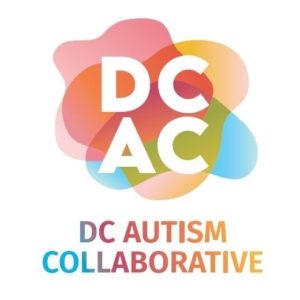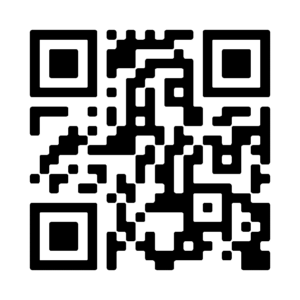What does autism acceptance mean to you? April is Autism Acceptance Month and a great time to think about this question. Public, clinical, and scientific understanding of autism has grown tremendously in the last several decades alongside the number of individuals identified as autistic. Based on the most recent data from the Centers for Disease Control and Prevention, more than 2% of children have an autism diagnosis by age 8. This means that acceptance is at the forefront, even more than awareness.
To me, autism acceptance means shaping our society to have everything autistic people need to thrive, including easy and equitable access to support. Autistic children work with many services across different systems with constant changes as children grow and develop. These supports are often both difficult to reach and separated from each other, creating huge barriers for children and their families to coordinate. Our current structure does not meet the vision of autism acceptance – but there are important advocacy efforts to change that.
 The Child Health Advocacy Institute helped create the DC Autism Collaborative (DC-AC) in 2020 to foster better communication across different systems involved in autism services in Washington, D.C. The goal of this group is to increase access to diagnosis, treatment, and coordinated care in early childhood. The DC-AC is particularly focused on equity because children of color and families experiencing poverty face extra challenges in navigating autism care. Many different organizations that serve children with autism are involved, including healthcare providers (such as Children’s National), health insurance groups, legal and advocacy organizations, D.C. governmental agencies, D.C. education systems, and community organizations. Based on a needs assessment completed with these group members, the DC-AC has focused on several key target areas with a subgroup dedicated to each one: developmental monitoring, screening, and evaluation; early childhood transition points; education, outreach, and engagement; policy; and data.
The Child Health Advocacy Institute helped create the DC Autism Collaborative (DC-AC) in 2020 to foster better communication across different systems involved in autism services in Washington, D.C. The goal of this group is to increase access to diagnosis, treatment, and coordinated care in early childhood. The DC-AC is particularly focused on equity because children of color and families experiencing poverty face extra challenges in navigating autism care. Many different organizations that serve children with autism are involved, including healthcare providers (such as Children’s National), health insurance groups, legal and advocacy organizations, D.C. governmental agencies, D.C. education systems, and community organizations. Based on a needs assessment completed with these group members, the DC-AC has focused on several key target areas with a subgroup dedicated to each one: developmental monitoring, screening, and evaluation; early childhood transition points; education, outreach, and engagement; policy; and data.
These groups have created resources for families and providers in English, Spanish, and Amharic. Other ongoing efforts include discussions about updating insurance practices, understanding how many children in the District have autism, sharing information about autism, and developing new educational materials.

Scan code to access resources
Resources for Families:
- What to do if you suspect your child has autism
- What to do while waiting for an evaluation
- Coming soon! An early childhood transition roadmap
Resources for Professionals:
- A guide to existing services to help clarify available options
- Best practices in developmental monitoring, screening, and evaluation
- An overview of autism-related processes at Medicaid managed care organizations (MCOs)
The DC-AC is excited to share these resources and work with families and autistic individuals to figure out where to go next. I encourage you to share this information with as many people as you can! If you have questions about the DC-AC, please email me at CMHcore@childrensnational.org. Happy Autism Acceptance Month!
Header Image from Polina Kovaleva from pexels.com
Blog Image: DC-AC logo courtesy of Nadiya Lonkevych






